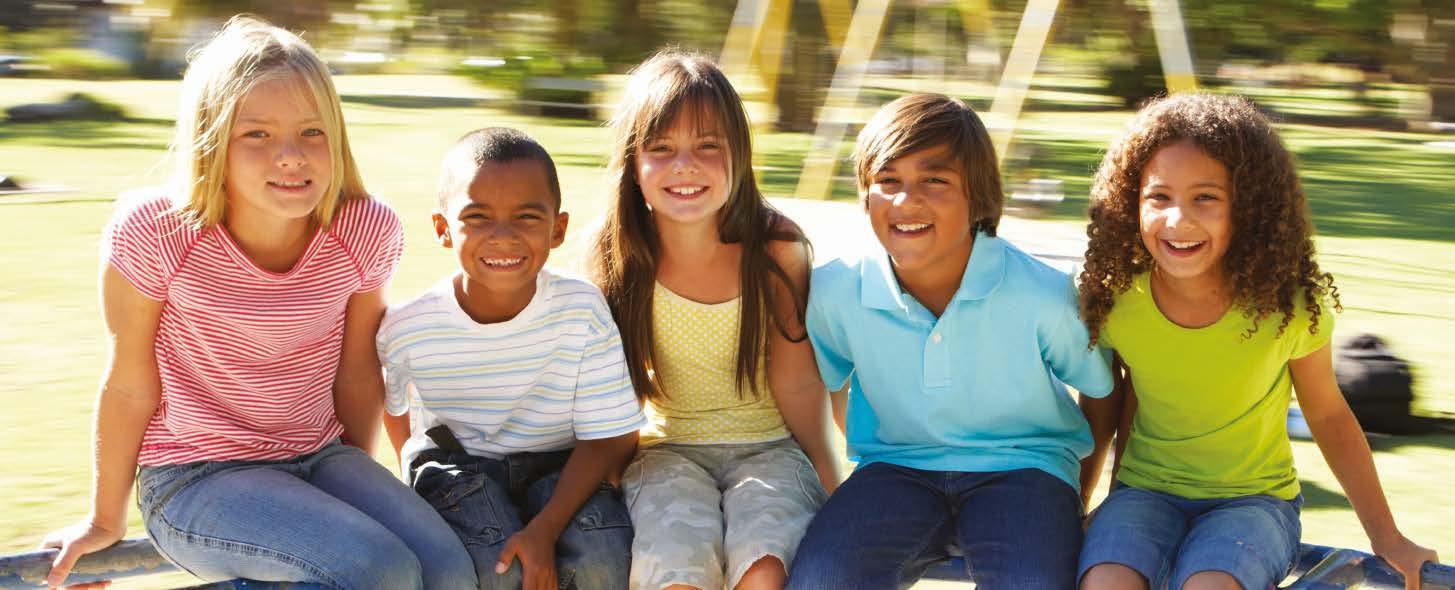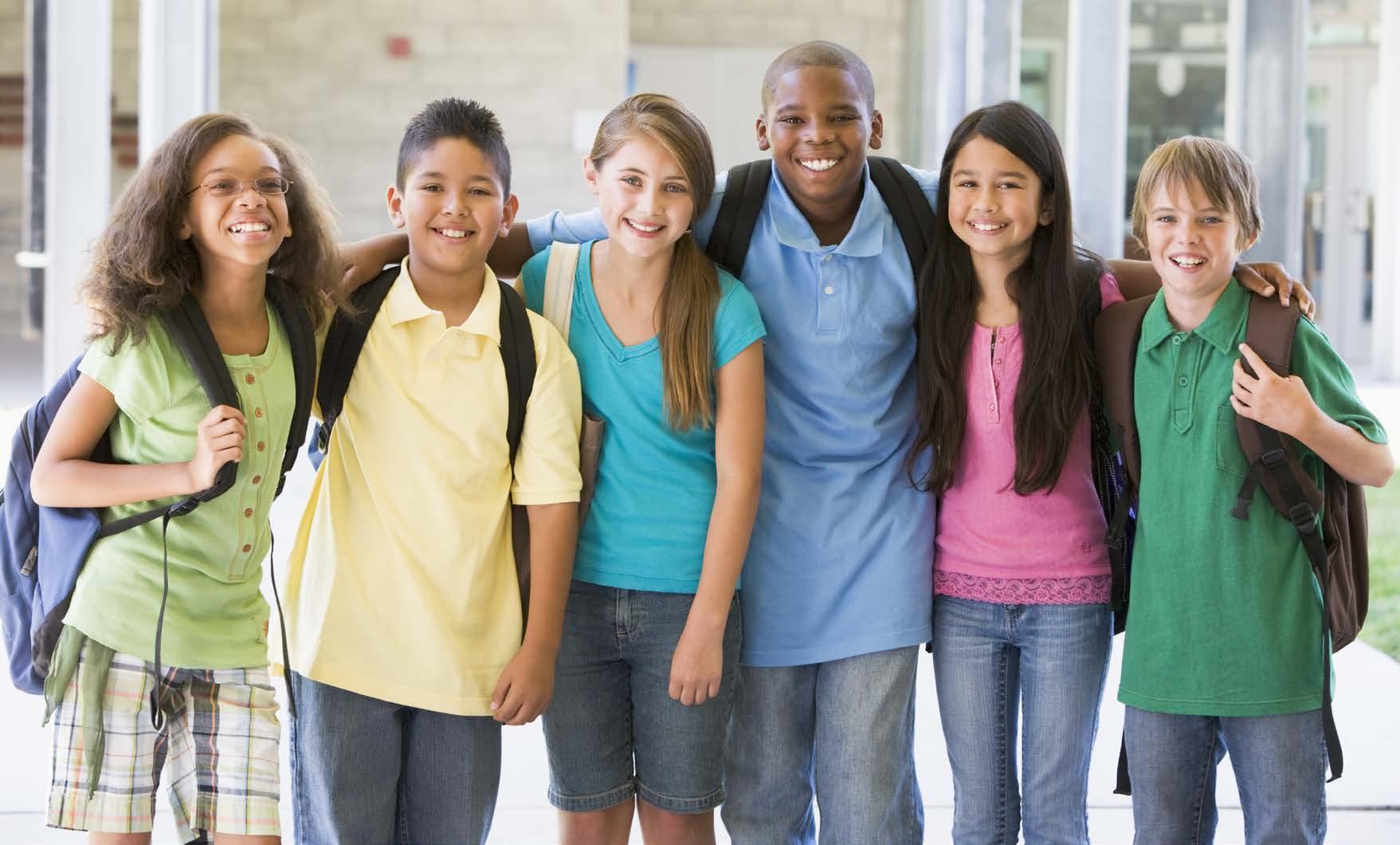What is PSHE Education?
PSHE Education (Personal, Social, Health and Economic Education) is a planned programme of learning through which children and young people acquire the knowledge, understanding and skills they need to successfully manage their lives – now and in the future. As part of a whole-school approach, PSHE Education develops the qualities and attributes pupils need to thrive as individuals, family members and members of society.
What do schools have to teach in PSHE
Education?
According to the National Curriculum, every school needs to have a broad and balanced curriculum that:
• promotes the spiritual, moral, social, cultural, mental and physical development of pupils at the school;
• prepares pupils at the school for the opportunities, responsibilities and experiences of later life;
• promotes British values.
Primary schools in England also need to teach Relationships and Health Education as compulsory subjects and the Department for Education strongly recommends that they should also include age-appropriate Sex Education.
Jigsaw supports our ethos and values and everything we are trying to teach the children.
Schools also have statutory responsibilities to safeguard their pupils (Keeping Children Safe in Education, DfE, 2019) and to uphold the Equality Act (2010).
The Jigsaw Programme supports all of these requirements and has children’s wellbeing at its heart.
As a parent, it’s lovely to get an insight into what children want to do. The set up with Jigsaw is fantastic.

What is Jigsaw, the mindful approach to PSHE, and how does it work?
Jigsaw is a whole-school approach and embodies a positive philosophy and creative teaching and learning activities to nurture children’s development as compassionate and well-rounded human beings as well as building their capacity to learn.
Jigsaw is a comprehensive and completely original PSHE Education programme (lesson plans and teaching resources) for the whole primary school from ages 3-11 (12 in Scotland). Written by teacher and psychotherapist, Jan Lever MBE (services to education) and teachers, and grounded in sound psychology, it also includes all the statutory requirements for Relationships and Health Education, and Sex Education is also included in the Changing Me Puzzle (unit).
Jigsaw has two main aims for all children:
• To build their capacity for learning
• To equip them for life
Jigsaw brings together PSHE Education, compulsory Relationships and Health Education, emotional literacy, mindfulness, social skills and spiritual development. It is designed as a whole school approach, with all year groups working on the same theme (Puzzle) at the same time at their own level. There are six Puzzles (half-term units of work) and each year group is taught one lesson per week. All lessons are delivered in an age- and stage-appropriate way so that they meet children’s needs.
It’s great for children to have this
experience,
to think
ambitiously, and to have aspirations.
Each Puzzle starts with an introductory assembly, generating a whole school focus for adults and children alike. There is also a Weekly Celebration that highlights a theme from that week’s lesson across the school encouraging children to live that learning in their behaviour and attitudes.
What will Jigsaw teach my child?
The overview below summarises the content in each of Jigsaw’s units of work (Puzzles):
Being Me In My World covers a wide range of topics, including a sense of belonging, welcoming others and being part of a school community, a wider community, and a global community; it also looks at children’s rights and responsibilities, working and socialising with others, and pupil voice.
Celebrating Difference focuses on similarities and differences and teaches about diversity, such as disability, racism, power, friendships, and conflict; children learn to accept everyone’s right to ‘difference’, and most year groups explore the concept of ‘normality’. Anti-bullying, including cyber and homophobic bullying, is an important aspect of this Puzzle.
Dreams and Goals aims to help children think about their hopes and dreams, their goals for success, what their personal strengths are, and how to overcome challenges, using team-work skills and tasks. There is also a focus on enterprise and fundraising. Children learn about experiencing and managing feelings of pride, ambition, disappointment, success; and they get to share their aspirations, the dreams and goals of others in different cultures/countries, and their dreams for their community and the world.
Healthy Me covers two main areas of health: Emotional/mental health (relaxation, being safe, friendships, mental health skills, body image, relationships with food, managing stress) and Physical health (eating a balanced diet, physical activity, rest and relaxation, keeping clean, drugs and alcohol, being safe, first aid). Most of the statutory content for Health Education (DfE) is contained within this Puzzle.
Relationships starts with building a respectful relationship with self and covers topics including families, friendships, pets and animals, and love and loss. A vital part of this Puzzle is about safeguarding and keeping children safe; this links to online safety and social networking. Children learn how to deal with conflict, build assertiveness skills, and identify their own strengths and strategies for building self-esteem and resilience. They explore roles and responsibilities in families and friendship groups, and consider stereotypes. .
Changing Me deals with change of many types, from growing from young to old, becoming a teenager, assertiveness, puberty, self-respect and safeguarding. Each year group thinks about looking ahead, moving year groups or the transition to secondary school and how to cope positively with such changes. Life cycles and human reproduction are taught in some year groups at the school’s discretion. Jigsaw has produced a separate leaflet explaining the approach taken with Relationships and Sex Education. Your child’s school can make this available to you on request.
It’s fun because we learn about different things each time.
What else is included?
There are numerous additional aspects of the Jigsaw Programme to enhance the learning experience, including the Jigsaw Friends (jigsaw-shaped soft toys used as teaching aids), Jigsaw Chimes and Jigsaw Jerrie Cats (used to help and encourage calming and mindfulness practice).
Every Jigsaw lesson includes mindfulness practice. Mindfulness is being able to observe your own thoughts and feelings as they happen, in the present moment, applying no judgement. Jigsaw teaches children to understand their thoughts and feelings through the Calm Me time exercises (using the Jigsaw Chime) and Pause Points (using Jigsaw Jerrie Cat). This helps to develop their awareness, and their capacity to be mindful human beings. Learning is thus enhanced as emotions and behaviour are self-regulated.
Children love the chime! Everyone has taken it on board.
How can I find out more information about Jigsaw PSHE?
The best thing to do is to talk to your child’s teacher about how Jigsaw is taught in school. Alternatively, you can talk to the school’s head teacher, or the teacher who is responsible for leading PSHE across the school. To find out more, parents and carers are also very welcome to visit the Jigsaw website www.jigsawpshe.com
Since the school started Jigsaw, children are more supportive of each other. They look out for each other and are more caring.
Jigsaw has made us more visible, we used to not want to talk about things, we were a bit scared to talk, but now we have learned about it we know more and it’s OK to talk about it with our class.

